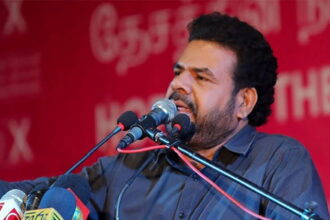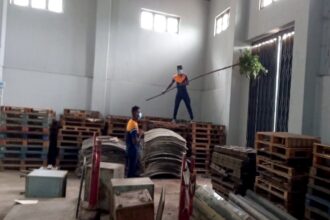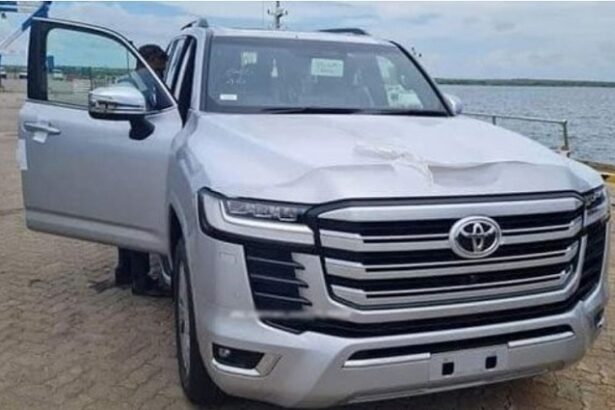Indika Sampath Merinchige, President of the Vehicle Importers Association of Lanka (VIAL), announced during a press conference yesterday that they are prepared to resume importing vehicles by February, provided the government allows the long-anticipated lifting of the personal vehicle import ban.
Although the new government has not officially confirmed its plans, it has indicated a willingness to proceed with the framework established by the previous administration. Current economic conditions are deemed favorable for vehicle importation, albeit with certain restrictions.
Deputy Minister of Economic Development Anil Jayantha clarified the government’s future policy on vehicle imports last week.
“Permissions will be granted under several categories, particularly for commercial vehicles. However, this will be managed within the framework of foreign exchange limits. At present, careful consideration is being given to the reserves available. The Central Bank has also created a necessary buffer reserve,” the Deputy Minister stated, adding that these opportunities would be phased in during the first quarter based on priorities.
“There will be opportunities in three phases as part of a gradual stabilization process. Currently, the reserves have reached a significant level of USD 6.4 billion. Therefore, we cannot destabilize them by acting hastily. We will allow the market to adjust gradually,” he explained, without providing a definitive timeline for personal vehicle imports.
The Governor of the Central Bank of Sri Lanka (CBSL), Nandalal Weerasinghe, has consistently maintained that the financial conditions influencing the previous government’s decision to lift the vehicle import ban remain unchanged under the current administration.
“When the previous government made its decision, the CBSL provided recommendations based on necessary technical analysis,” he said in October.
The previous administration had announced plans to fully lift restrictions on private vehicle imports by February 1, 2025. Governor Weerasinghe affirmed that, assuming financial conditions remain on track, maintaining this timeline is feasible. However, he clarified that the final decision rests with the Ministry of Finance.
Last month, The Sunday Times quoted a senior Treasury official who revealed that new regulations aim to prevent vehicle dealers from importing vehicles in bulk and hoarding them in sales outlets, which could trigger another dollar crisis.
A tax equivalent to 3% of a vehicle’s CIF (Cost, Insurance, and Freight) value will be imposed on importers who fail to register the vehicle within 90 days of importation. It is mandatory for all imported vehicles to be registered within this timeframe, and the sale of vehicles with garage number plates will be prohibited, the official added.
The previous government outlined a three-stage plan for easing the vehicle import restrictions:
1. Stage 1 : Importation of public passenger transport vehicles, special-purpose vehicles, and non-motorized goods was permitted starting October 1, 2024.
2. Stage 2 : Commercial or goods transportation vehicles were allowed starting December 1, 2024.
3. Stage 3 : Personal-use motor vehicles (including cars, vans, SUVs, and pickups) will be permitted starting February 1, 2025.
Additionally, the previous government introduced key conditions to guide the import policy:
– Environmental Standards : Priority will be given to environmentally friendly vehicles, with stricter emission standards moving from Euro 4 to Euro 6 compliance. The policy also promotes electric vehicles and supports the local assembly of electric three-wheelers while prohibiting the importation of petrol- or diesel-powered three-wheelers.
– Age Limits: Starting October 1, 2024, imports of motor cars, SUVs, motorcycles, and pickups will be limited to vehicles less than three years old. Public passenger and commercial vehicles will have a five-year limit, while special-purpose and defense vehicles can be up to ten years old.
– Regulation and Licensing : An annual licensing system will be introduced for importers, manufacturers, and traders to regulate the motor vehicle market and ensure their contributions to the national tax system. (Newswire)
The post Sri Lanka’s Vehicle Imports : What we know so far appeared first on Newswire.





